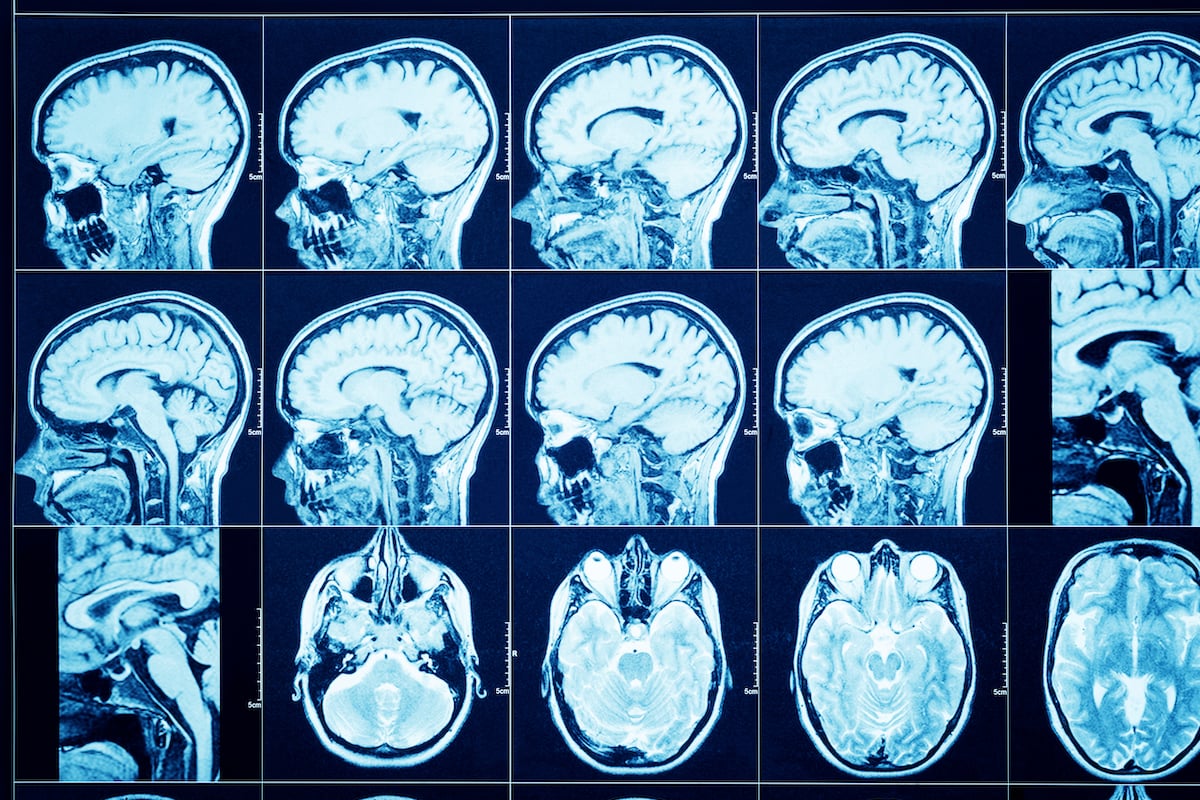
A Basic Guide to Understanding Dementia
Published by Vivage on
Mar 1, 2022 8:00:00 AM
When a loved one receives a dementia diagnosis, it can be an overwhelming time. While you got some answers and found a few pieces of the puzzle, you still may not fully understand what this means for your family or what comes next.
When people hear the word “dementia,” they often think of it as one condition. However, dementia is a term used to describe a variety of conditions relating to a form of memory impairment.
Our team at Vivage offers memory care services in communities throughout Colorado, Missouri, and Nevada. We want to help you navigate your dementia care journey by sharing information about the most common types of dementia and their risk factors.
As you develop a better understanding of your family member’s diagnosis, you can start to put the rest of the puzzle pieces in place.
Common Types of Dementia
Alzheimer’s Disease
Accounting for 60 to 80 percent of cases, Alzheimer’s disease is the most common type of dementia. With Alzheimer’s disease, abnormal proteins called “plaques” and “tangles” develop and disrupt the connections between the neurons and nerve cells in the brain.
As more and more of these connections are lost, the symptoms of Alzheimer’s disease, such as memory loss, mood or personality changes, confusion about time, etc., become more prevalent.
Vascular Dementia
“Vascular dementia is a decline in thinking skills caused by conditions that block or reduce blood flow to various regions of the brain, depriving them of oxygen and nutrients (Alzheimer’s Association).”
Common symptoms of vascular dementia include:
- Memory problems that affect daily life,
- Trouble speaking or understanding speech,
- And having trouble with balance and walking.
Frontotemporal Dementia
This type of dementia primarily affects the nerve cells and connections found in the frontal and temporal lobes of the brain. Because these lobes of the brain are often associated with personality, behavior, and language, individuals living with frontotemporal dementia experience symptoms and changes involving these areas.
Risk Factors of Dementia Development
Dementia affects every person differently, but some risk factors may increase a person’s likelihood of developing a type of dementia. While some of these risk factors are out of an individual’s control, others can be managed.
Uncontrollable Risk Factors
Age
According to the Alzheimer’s Association, “the greatest known risk factor for Alzheimer’s [disease] and other dementias is increasing age, but these disorders are not a normal part of aging.” You cannot prevent yourself from growing older, but you can control how you age, including exercising regularly, maintaining a healthy weight and diet, and staying engaged and connected with others.
Family History and Genetics
Another uncontrollable risk factor for dementia is a person’s family history. “Researchers have discovered a number of genes that increase the risk of developing Alzheimer’s disease (Stanford Health Care).”
With this being said, even if an individual has immediate family members living with dementia, this does not automatically mean that they will develop this condition themselves.
Controllable Risk Factors
An Inactive Lifestyle
According to the Alzheimer’s Society, “physical inactivity can worsen the health of a person’s heart, lungs, and blood circulation, and make it harder for them to control their blood sugar. It is closely linked to a higher risk of heart disease, stroke, and type 2 diabetes, which are all risk factors for dementia.”
Lack of Proper Nutrition
Our bodies need certain nutrients and vitamins to function properly, so maintaining a healthy diet can go a long way in preventing a variety of health conditions, including dementia. For example, the Mayo Clinic states, “low levels of vitamin D, vitamin B-6, vitamin B-12, and folate can increase your risk of dementia.”
Dementia and Memory Care Services Can Help
Doing what you can to help your loved one delay the progression of their condition starts with understanding their diagnosis as much as possible. While there is currently no cure for this progressive disease, dementia care and memory care services can help promote your loved one’s cognitive health and enhance their quality of life.
At Vivage, we are nationally recognized for our commitment to providing person-centered dementia and memory care services throughout Colorado, Missouri, and Nevada. To learn how our services promote connection, safety, and health, we encourage you to contact a member of the Vivage team.
Tags:
Alzheimer's & Dementia